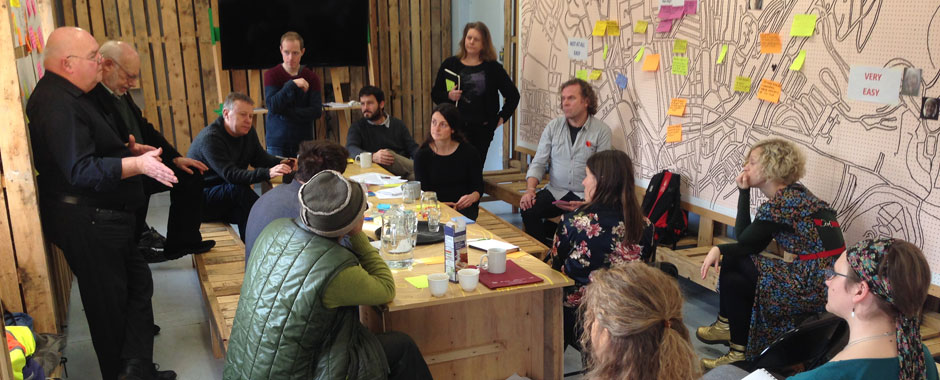This project examines potential pathways for transitioning to more sustainable food systems in order to contribute to improved ecological, economic, social and nutritional outcomes.
The project draws on the principles and practices of agroecology. It looks at the potential and constraints of agroecology in three countries: Nicaragua, Senegal and the UK.
Dates and funding
This project runs from January 2016 – December 2017. It is funded by the Daniel & Nina Carasso Foundation and the New Field Foundation.
Blog posts
- Farming in the UK: can we nourish ourselves from this land? Elise Wach, 17 October 2016
- Using a “farmers’ jury” to see Nicaragua’s food system from rural perspectives, Jorge Irán Vásquez Zeledón, 7 June 2017
About agroecology
Agroecological food production has been shown to conserve biodiversity, increase food production and improve nutrition, while generating rural livelihoods.
However, this approach has remained limited in its scope, in part due to neglect of the complex and dynamic nature of food systems, and the political economy of the policy and market conditions that favour industrial-style food production.
Drawing on the Pathways Approach to analysing complex, dynamic systems, this project is using a participatory systems based research process to map and analyse constraints to agroecological food systems in Nicaragua, Senegal and the UK.
Research methods
Research in each country is co-led by farmers and food growers through partnerships with farmer-led organisations in each country.
Using a multidisciplinary approach and combining participatory, qualitative and quantitative methodologies, the research will engage actors at various levels of the food systems and involve them in analysing evidence, identifying constraints and developing viable strategies for scaling up agroecological food systems.
Project team
- Elise Wach – Institute of Development Studies
- Santiago Ripoll – Institute of Development Studies
- Rachael Taylor – Science Policy Research Unit (SPRU), University of Sussex
Contact: Elise Wach [email protected]
